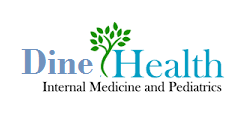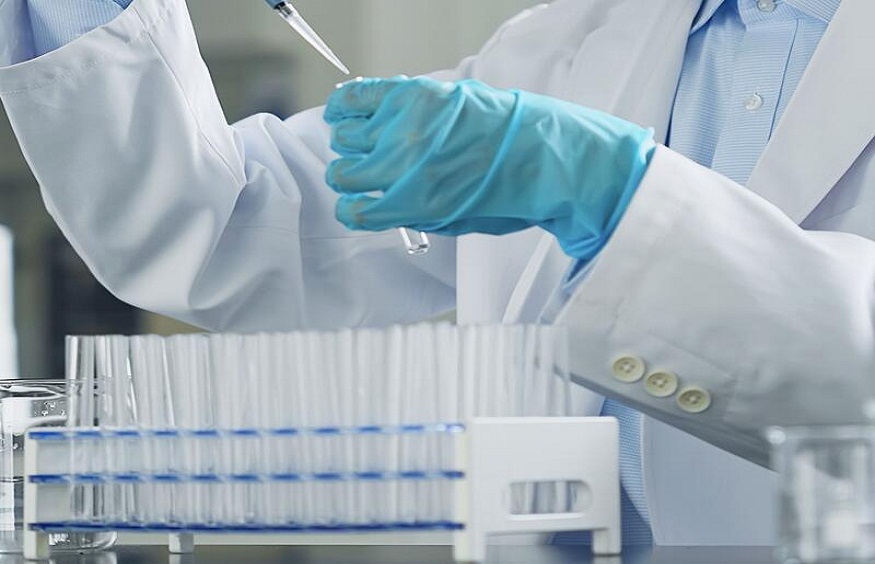Polycystic Ovary Syndrome (PCOS) and Polycystic Ovary Disease (PCOD) are two common conditions affecting women’s reproductive health. Even though they are frequently used synonymously, the two have certain distinctions.
Understanding these conditions, their symptoms, and treatment options is essential for managing them effectively. Continue reading to learn more.
What is PCOS?
PCOS is a hormonal disorder that impacts girls and women of reproductive age. In this condition, the ovaries are often enlarged and contain small cysts or follicles. While these cysts are generally not harmful, they can cause hormonal imbalances, leading to a range of health issues.
Though the exact cause of PCOS is still unclear, it is believed to result from a combination of genetic and environmental factors.
Symptoms of PCOS
While each woman’s PCOS symptoms can vary, common signs include:
- Irregular periods:Those with PCOS may have infrequent, irregular, or prolonged menstrual cycles.
- Excess hair growth: Known as hirsutism, this leads to unwanted hair growth on the face, chest, and back.
- Acne and oily skin: Hormonal imbalances can increase oil production, resulting in acne.
- Weight gain: Weight gain, particularly around the abdominal area, is common for women with PCOS.
- Thinning hair: Hair loss or thinning on the scalp is another possible symptom.
- Difficulty getting pregnant: PCOS is one of the leading causes of infertility in women.
What is PCOD?
PCOD is a condition that also affects the ovaries, similar to PCOS, but is generally less severe. It involves the formation of multiple cysts in the ovaries, often due to the production of immature or partially mature eggs. Unlike PCOS, women with PCOD usually experience milder hormonal imbalances.
Symptoms of PCOD
The symptoms of PCOD are similar to those of PCOS but are typically less severe. Common symptoms include:
- Irregular periods
- Mild weight gain
- Mild acne and hair growth
- Fertility issues
Managing PCOS and PCOD
The management of PCOS and PCOD involves a combination of lifestyle changes, medication, and, in some cases, surgery. Here’s how to take care of these conditions:
-
Lifestyle Changes:
Maintaining a healthy diet and regular exercise is crucial for managing both PCOS and PCOD. Weight loss can help regulate menstrual cycles, improve insulin sensitivity, and reduce symptoms like excess hair growth and acne.
-
Medication:
Depending on the symptoms, doctors may prescribe medications to regulate menstrual cycles, manage insulin levels, or treat acne and excess hair growth. Birth control pills, anti-androgen medications, and insulin-sensitising drugs are commonly used.
-
Fertility Treatment:
For women who have difficulty getting pregnant due to PCOS or PCOD, fertility treatments like ovulation induction, in vitro fertilisation (IVF), or intrauterine insemination (IUI) may be recommended.
-
Surgery:
In rare cases, surgery may be needed to improve fertility or reduce the size of cysts in the ovaries. A procedure called laparoscopic ovarian drilling (LOD) can be used to treat PCOS.
PCOS and PCOD are conditions that can significantly impact a woman’s health and quality of life. Understanding the differences between the two, recognising the symptoms, and seeking appropriate treatment from a top gynaecologist in Chennai, Hyderabad, or your local city are essential steps in managing these conditions effectively. With the right approach, many women can successfully manage their symptoms and lead healthy, fulfilling lives.




